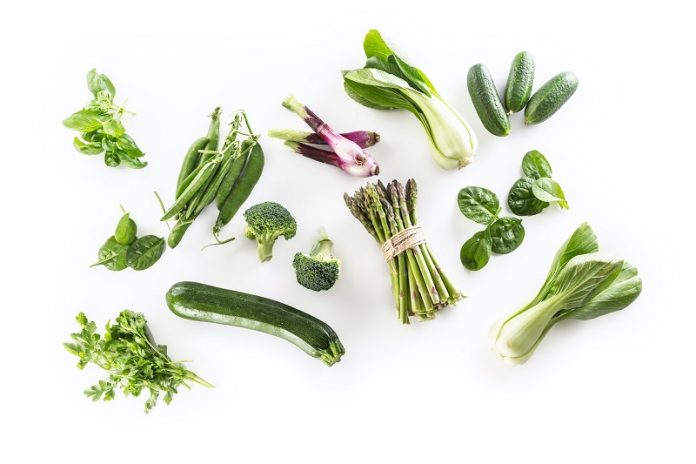
In a study from Edith Cowan University and elsewhere, scientists found there may be something you can do to help reduce the risk of fractures in older women.
A hip fracture is a break that occurs in the upper part of the thigh bone). Symptoms may include pain around the hip, particularly with movement, and shortening of the leg.
Usually, the person cannot walk. They most often occur as a result of a fall.
About 15% of women break their hip at some point in life; women are more often affected than men. Hip fractures become more common with age.
The risk of death in the year following a fracture is about 20% in older people.
Vitamin K is a fat-soluble vitamin that comes in two forms. The main type is called phylloquinone (K1), found in green leafy vegetables like collard greens, kale, and spinach.
Vitamin K helps to make various proteins that are needed for blood clotting and the building of bones. Prothrombin is a vitamin K-dependent protein directly involved with blood clotting.
Osteocalcin is another protein that requires vitamin K to produce healthy bone tissue.
In the current study, researchers examined the association between dietary Vitamin K1 intake with fracture-related hospitalizations in more than 1300 older Australian women over 14.5 years.
They examined dietary vitamin K1 intake before the study (1998) using a food frequency questionnaire and a new Australian Vitamin K nutrient database.
Over 14.5 years, any fracture and hip fracture-related hospitalizations were recorded using linked health data.
The researchers found dietary vitamin K1 intake strongly improved vitamin K levels in the body.
Compared to women with the lowest vitamin K1 intake, women with the highest Vitamin K1 intake had lower risks for any fracture- and hip fracture-related hospitalization, independent of their vitamin D levels.
The team also found that people with a vitamin K1 intake of approximately 100 μg per day had the lowest risk for any fracture-related hospitalizations.
They conclude that higher dietary Vitamin K1 is linked to lower long-term risk for any fracture- and hip fracture-related hospitalizations in older women.
The study was conducted by Dr. Marc Sim et al and published in Food & Function.
If you care about pain, please read studies that vegetarian women have a higher risk of hip fracture, and these vitamins could help reduce bone fracture risk.
For more information about wellness, please see recent studies that Krill oil could improve muscle health in older people, and Jarlsberg cheese could help prevent bone-thinning disease.
Copyright © 2022 Scientific Diet. All rights reserved.





